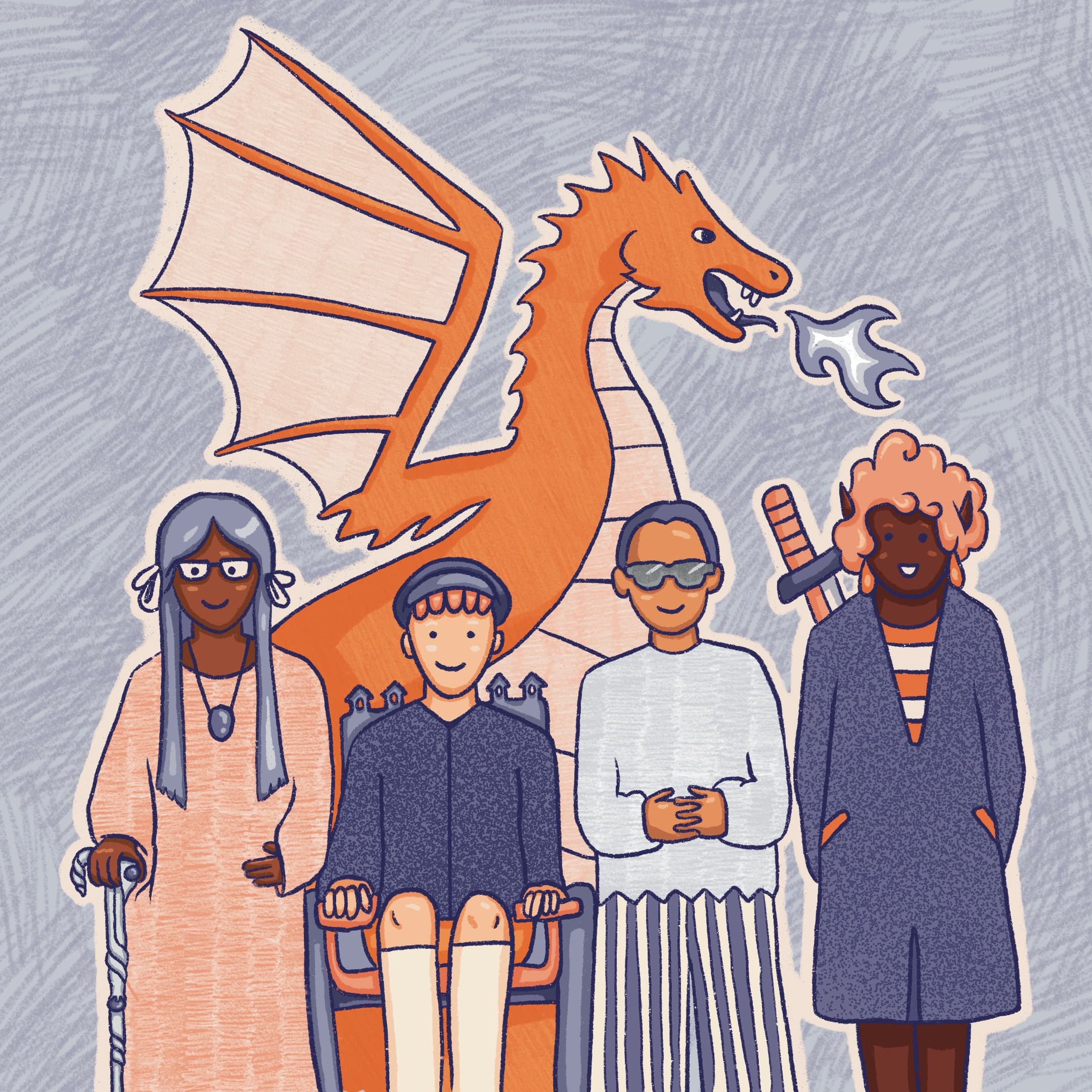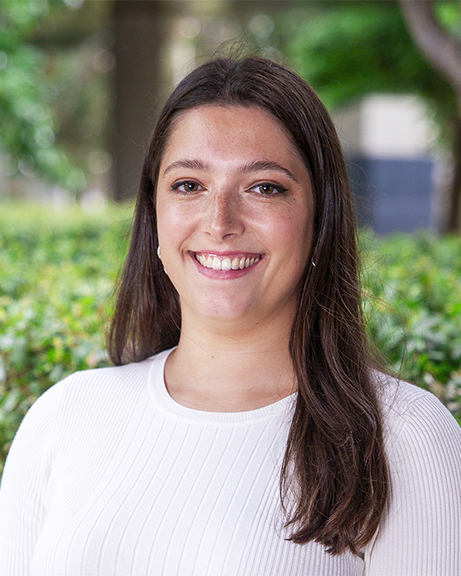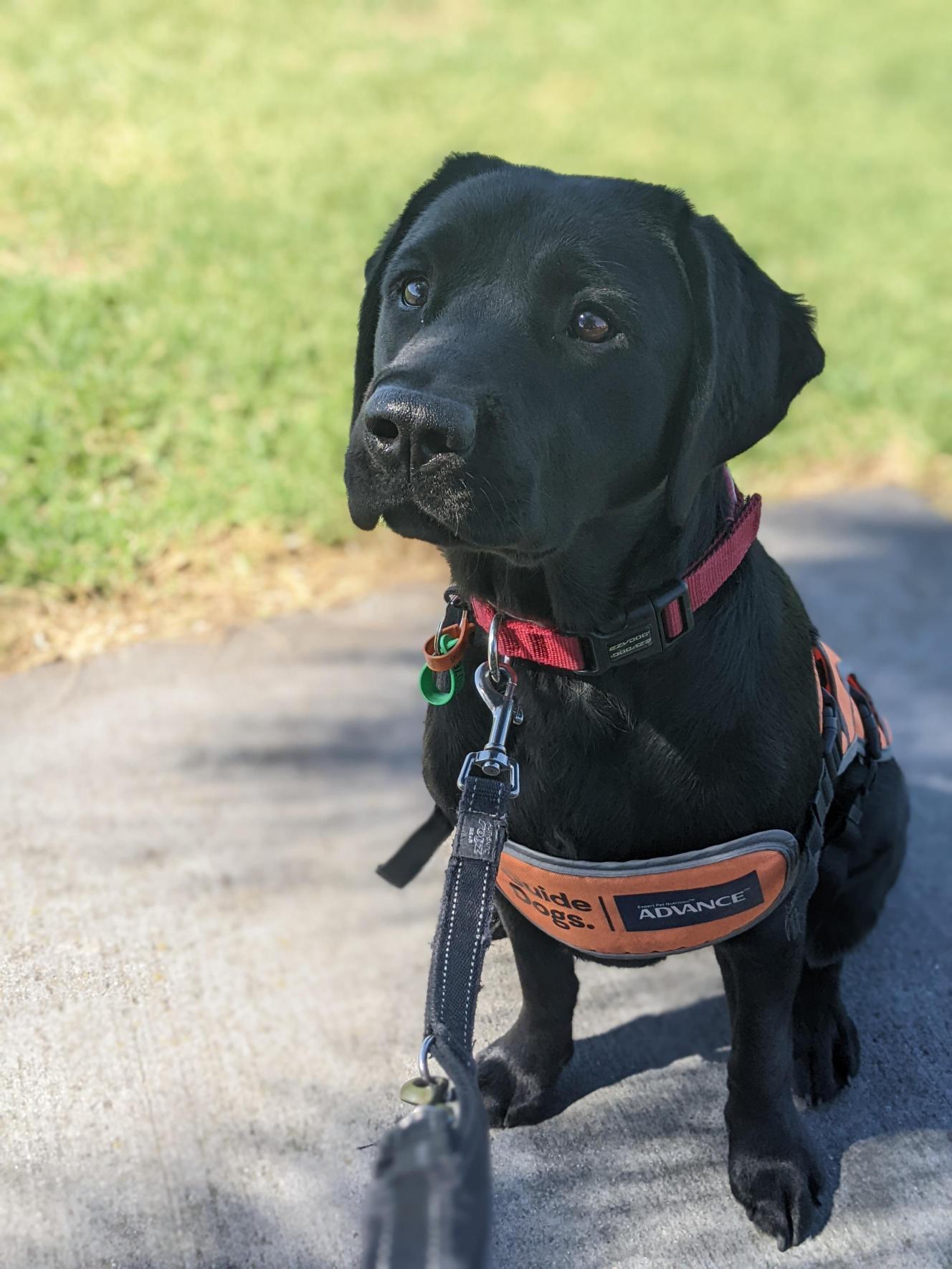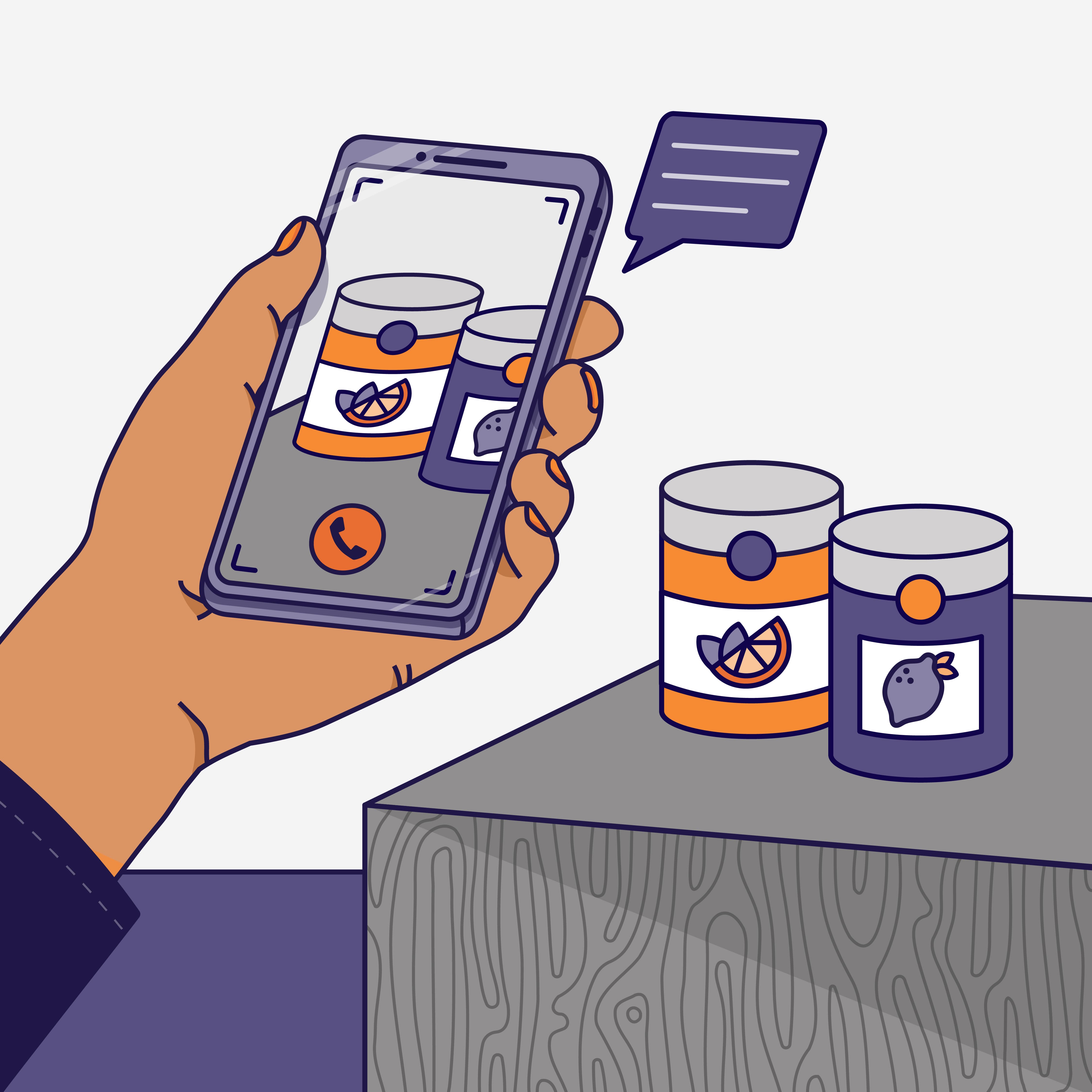How role-playing games can help people find their community
16 May 2024

Learn about how role-playing games are providing a safe environment for neurodivergent people to socialise in the community.
Meet the people behind our passion: Sarah
15 May 2024

At the Information Access Group, we’re passionate about the role we play in making a positive impact in the community. Each month we’ll introduce you to a member of our team so you can learn more about the people behind the passion and what makes them proud to be part of the work we do. This month we’d like you to meet Sarah.
Meet Nara – a Guide Dog puppy in training
9 April 2024

We talked with our editor Jen about her current Guide Dog puppy – a black Labrador named Nara. We also learn a bit more about Jen’s experience with all of the Guide Dog puppies she’s helped to raise.
Meet the people behind our passion: Annie
9 April 2024
At the Information Access Group, we’re passionate about the role we play in making a positive impact in the community. Each month we’ll introduce you to a member of our team so you can learn more about the people behind the passion and what makes them proud to be part of the work we do.
This month we’d like you to meet Annabel (Annie), one of our graphic designers.

Apps that support people who are blind or have low vision with everyday tasks
2 April 2024

There are a number of apps that support people who are blind or have low vision with everyday tasks. These apps can support users by verbally describing anything in their camera frame for them when they request assistance.
The apps utilise a network of volunteers or family members that a user can connect to via live video. Technology has now advanced to offer the option of using an AI feature if a user doesn’t feel comfortable reaching out to a volunteer. We take a closer look at one of these apps, called Be My Eyes.



